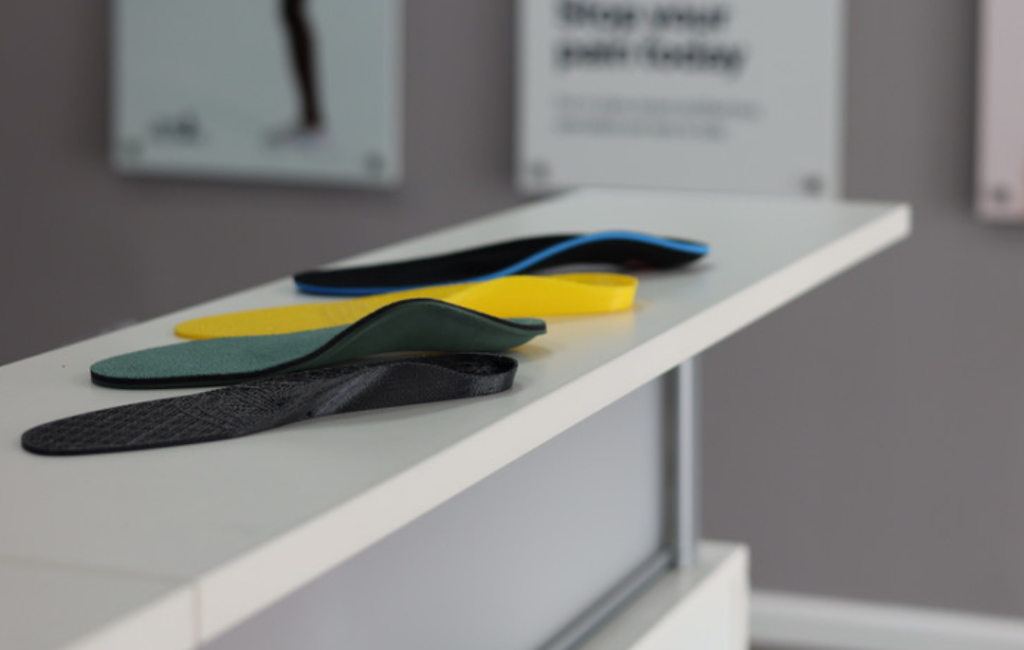Buck Mason – American Made Clothes
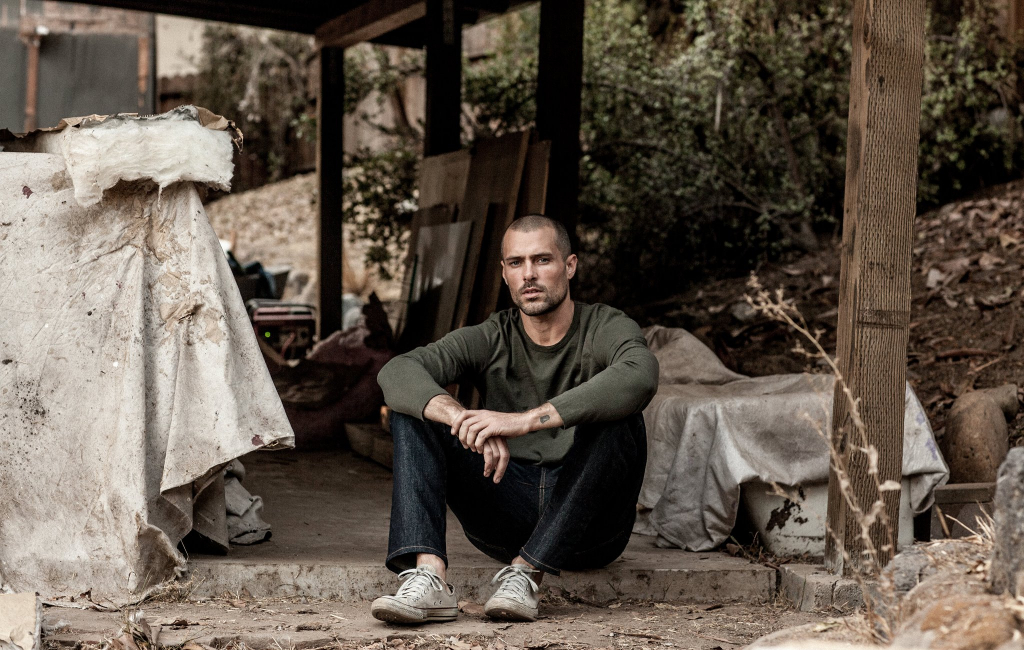
NO DEAL
EPISODE SUMMARY
🕓 Air Date: April 24, 2015
Asking For:
$200,000 for 8%
Investor:
No Deal
Deal:
No Deal
PRODUCT SUMMARY
Buck Mason focuses on providing high-quality, American-made clothing basics like the perfect T-shirt, classic blue jeans, and oxford shirts at an accessible price point.
WATCH HERE
IN A RUSH?
Click these to jump to the section you want to read.
Background Story
Erik Schnakenberg and Sasha Koehn, the visionary founders of Buck Mason, are based in the vibrant city of Los Angeles, California. The inception of Buck Mason traces back to Erik’s childhood, where he admired his father’s simple yet cool sense of style. His father, a brick mason, consistently wore beat-up blue jeans, a white V-neck T-shirt, and a flannel work shirt. The idea of dressing out of function rather than fashion left a lasting impression on Erik.
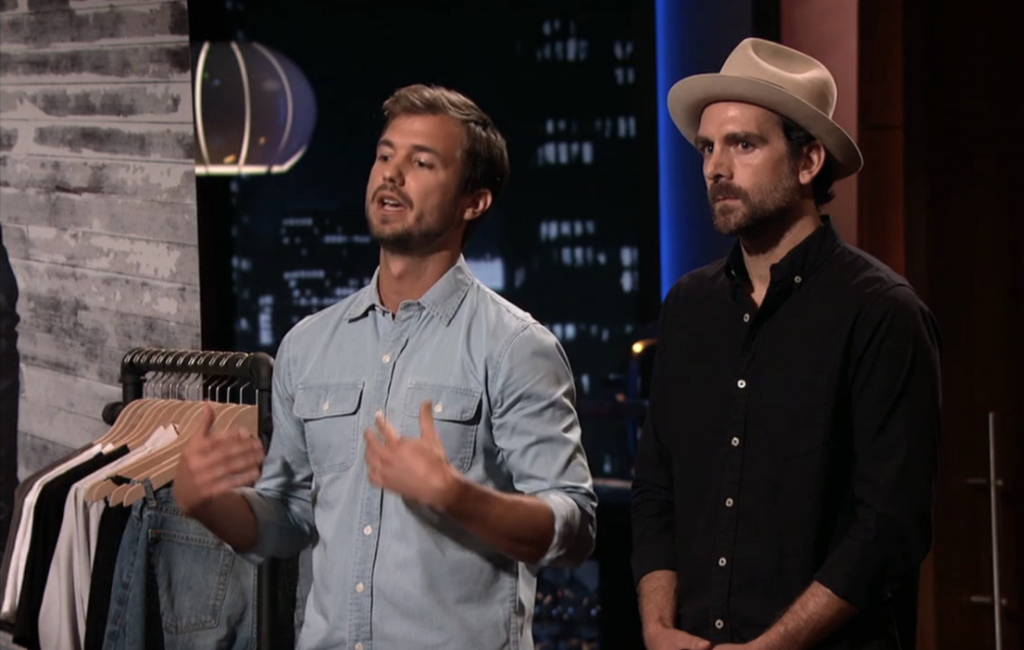
Recognizing the overwhelming choices and trends in the contemporary fashion landscape, Erik partnered with Sasha Koehn to establish Buck Mason. Sasha brought 15 years of experience in the apparel business, complementing Erik’s background in the tech and media sector. Before co-founding Buck Mason, Sasha created an interactive-content platform called “This Built America,” which showcased companies reimagining American manufacturing. This experience fueled his passion for revitalizing American quality and manufacturing processes.
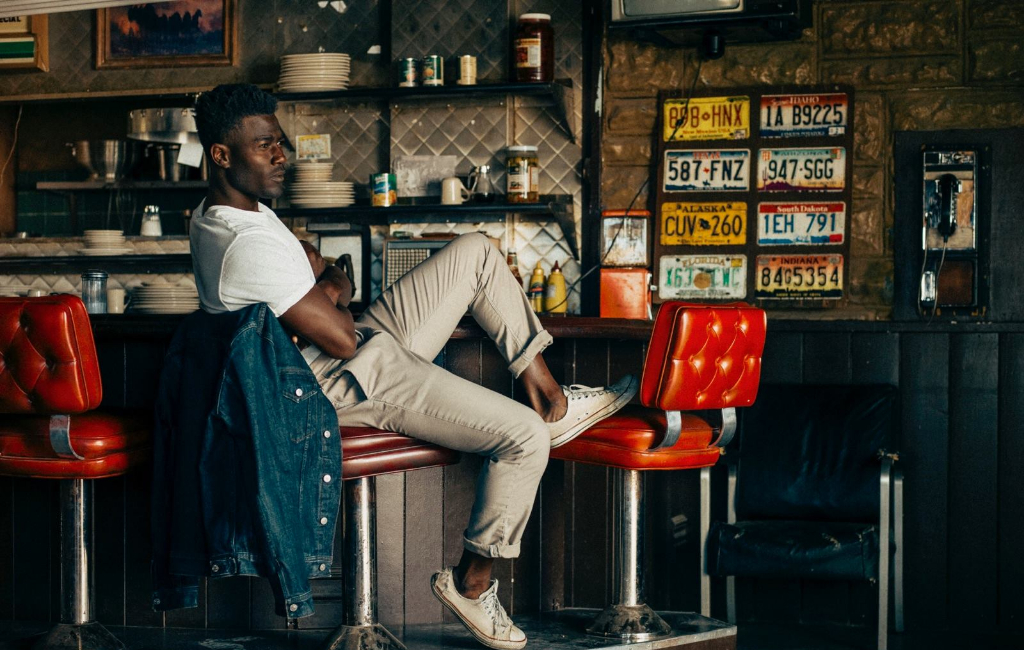
The concept behind Buck Mason is rooted in providing high-quality, American-made clothing essentials at an accessible price point. Their emphasis on the basics, such as the perfect T-shirt, classic blue jeans, and the timeless Oxford shirt, reflects a commitment to simplicity and longevity. Buck Mason goes beyond fashion trends, focusing on taste and a rejection of excessive choices. The founders sought to offer a respite for individuals overwhelmed by the myriad options in the fashion industry, delivering transparency in pricing through their “American-made price transparency” approach.
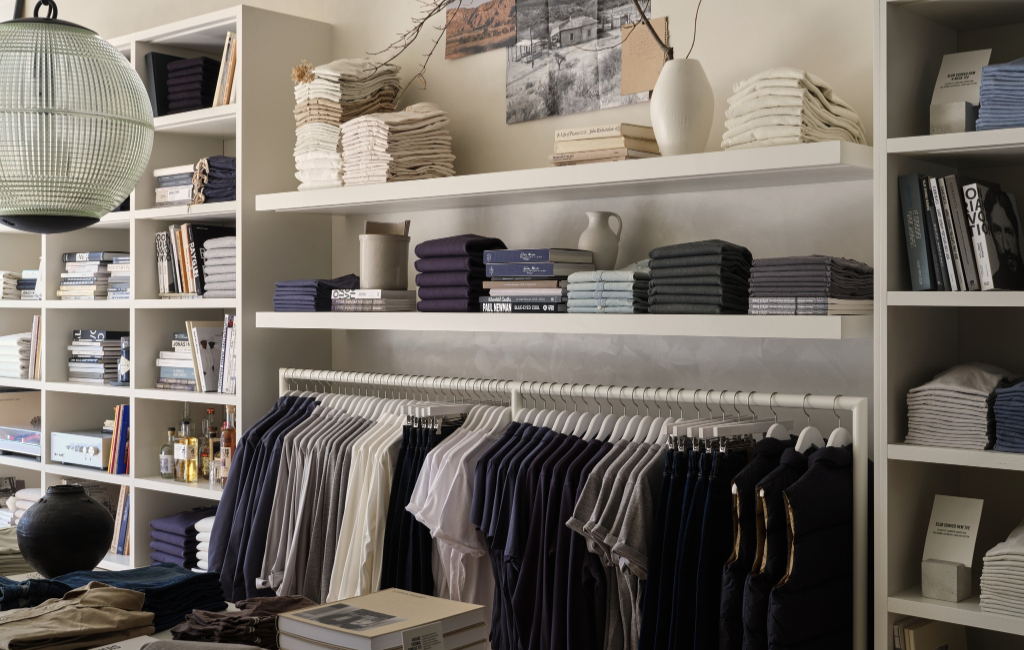
The Product
Buck Mason’s product lineup revolves around American-made clothing essentials, showcasing a meticulous focus on simplicity, quality, and timeless style. The flagship products include the perfect T-shirt, classic blue jeans, and the iconic Oxford shirt.
The T-shirts, constructed with precision and attention to detail, are designed for wearability and longevity. Crafted with high-quality materials, they cater to individuals seeking comfort without compromising on style. The jeans, priced at $135, boast a classic design that transcends trends, providing a great value for American-made denim. The $24 T-shirts and $88 button-down shirts similarly emphasize affordability for premium quality.
Buck Mason’s unique approach to selling directly to consumers online sets them apart. Customers can purchase individual items or opt for curated packages, simplifying the shopping experience for those overwhelmed by choices. The curated packages, comprising three to six carefully selected pieces, appeal to individuals with limited time or those seeking a foolproof wardrobe.
The brand’s commitment to “American-made price transparency” is evident on their website, where they showcase the manufacturing process and the individuals behind the products. This transparency not only reinforces the brand’s authenticity but also establishes a connection with customers who appreciate the craftsmanship and ethical manufacturing practices.
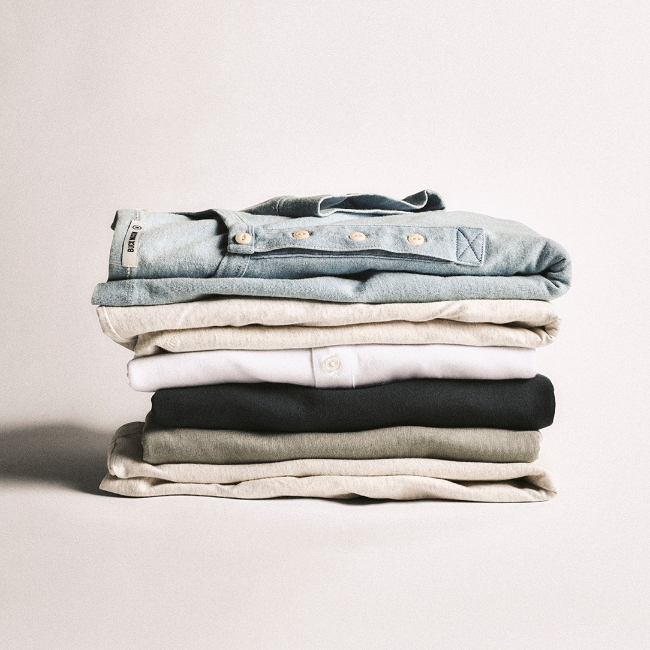
How It Went
The company’s position before Shark Tank
Buck Mason, in the eight months leading up to the pitch, demonstrated a commendable performance with $300,000 in sales. The company’s health was marked by a focus on direct-to-consumer online sales, avoiding the complexities of retail distribution. Their success in customer acquisition was notable, primarily driven by social media and PR channels, showcasing effective marketing strategies. This strategy aligns with their emphasis on online sales, cutting out intermediaries to maintain control over pricing and customer relationships.
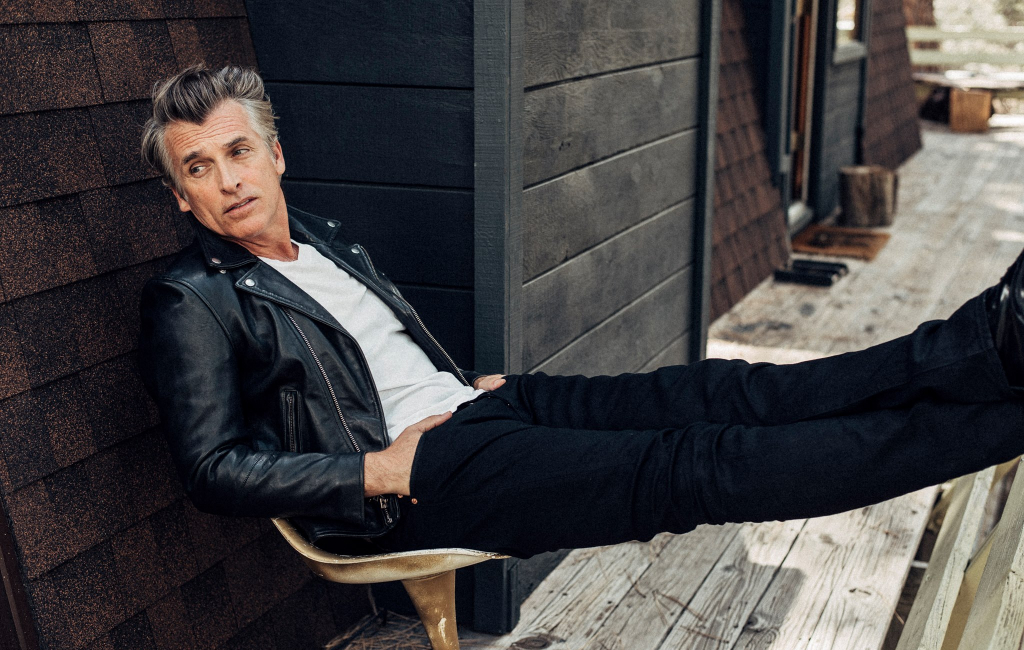
Their customer base was revealed to be growing, with approximately 38% of customers being repeat buyers within the eight-month period. Notably, 10% of these repeat customers made more than three purchases, indicating a strong brand loyalty and satisfaction with the products. Funding details were touched upon, with the founders, Erik and Sasha, being the sole investors, having invested $10,000 of their own funds into the business. The founders highlighted their success in acquiring customers at minimal to no cost through social and PR channels, indicating a resourceful approach to marketing and customer acquisition.
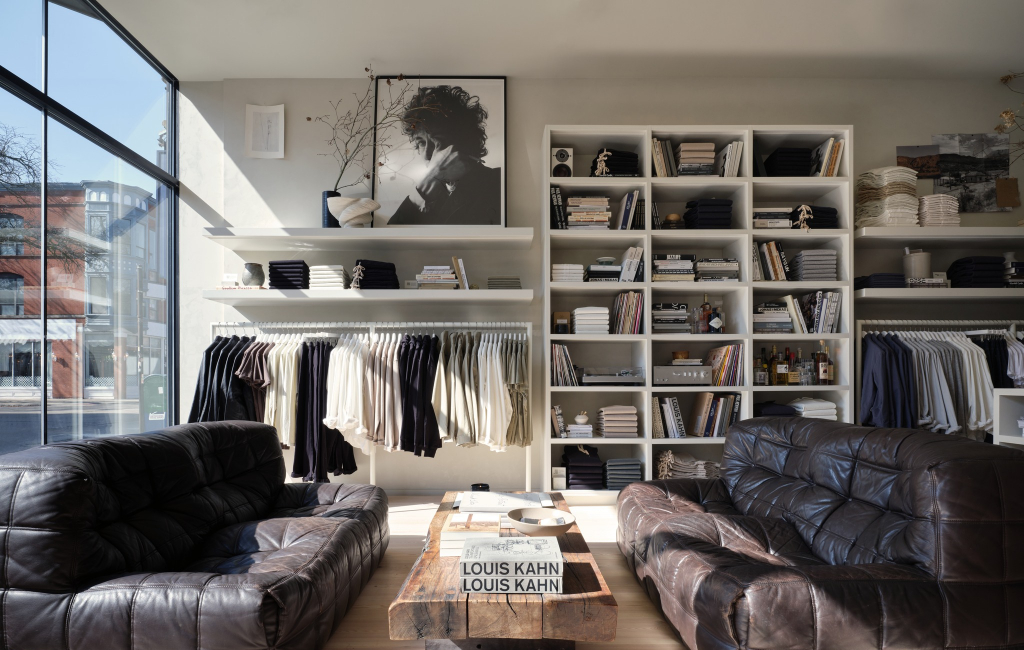
The founders did mention they had just started paying themselves, and projected a profit of approximately $35,000 on a $500,000 revenue for the year. The available capital for the company and its current structure were not explicitly addressed. However, the rejection of the Sharks’ offers, particularly those requiring a significant equity stake, suggests that the founders are cautious about diluting their ownership too early in the company’s life. Overall, Buck Mason appears to be in a solid position with a growing customer base and a focus on maintaining control over its brand and pricing strategy.
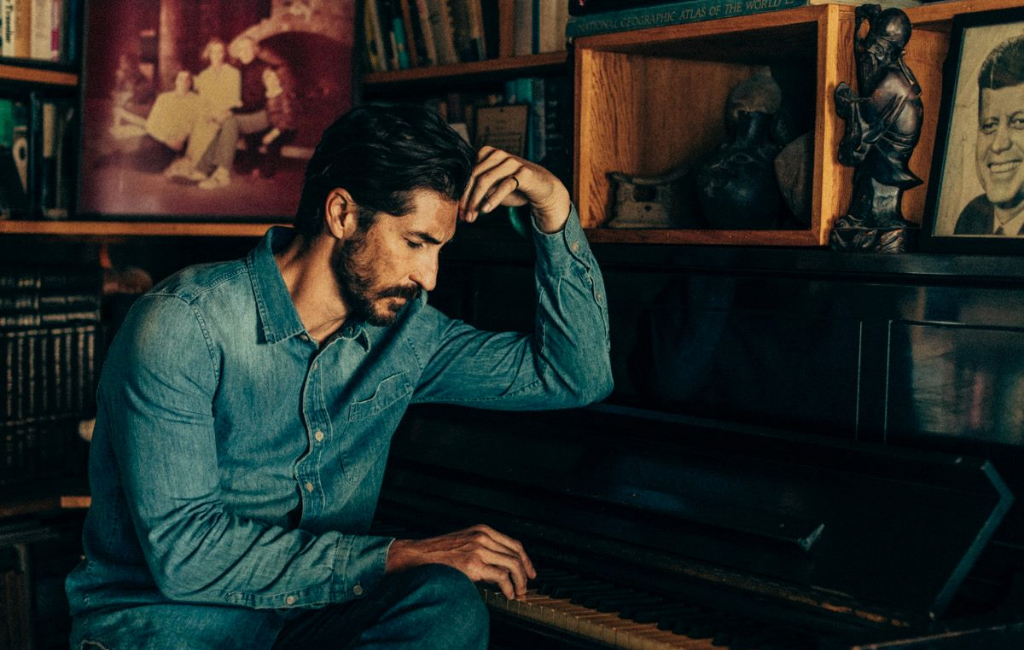
The Negotiations:
The negotiations for Buck Mason in the “Shark Tank” episode unfolded with a blend of admiration for the brand’s commitment to American-made products and concerns about the company’s valuation. Mark Cuban, Lori Greiner, and Robert Herjavec bowed out early, expressing respect for the founders and the brand but citing reasons such as personal fit and doubts about scalability. Kevin O’Leary and Daymond John raised critical questions about the valuation, emphasizing the need for substantial cash flow to justify the proposed value.
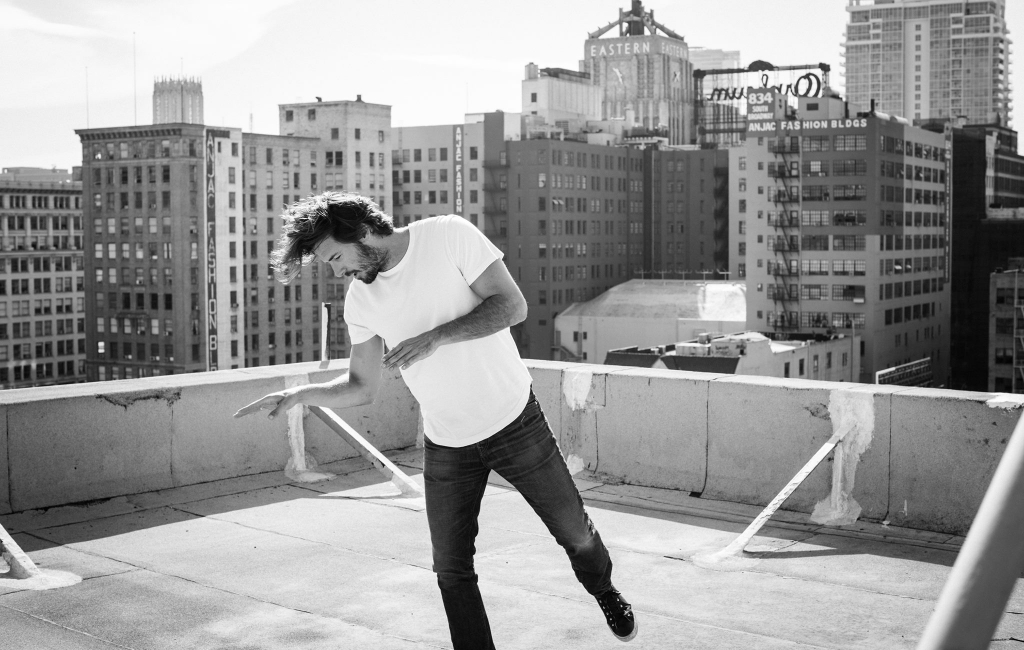
Despite the rejection of O’Leary’s initial offer, John extended a joint offer of $200,000 for 50%, which included a lifetime supply of free clothes. However, the founders found the offer too costly, leading to John’s exit from the negotiation. Cuban made a final attempt to convince the founders, offering $200,000 plus a $100,000 line of credit for 25%. Herjavec supported the offer, emphasizing the value of cash in the early stages of a business. However, the founders, holding firm on their equity, declined the offer, opting to continue building their brand independently.
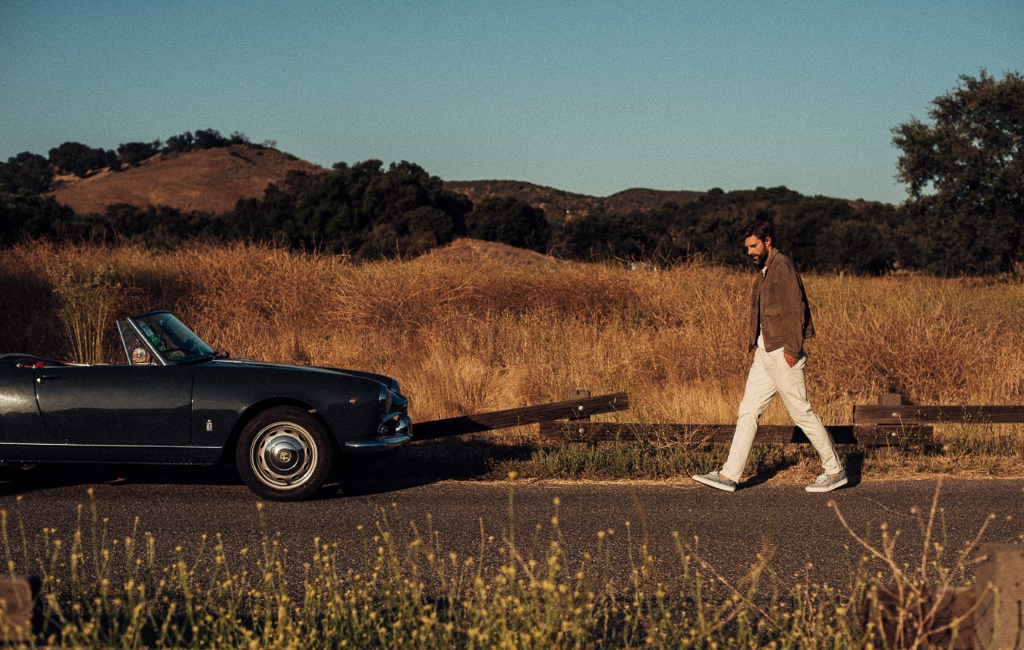
O’Leary and John returned with competing offers, both proposing $200,000 for 25% equity. However, the founders declined these offers as well, expressing their commitment to the long-term vision of the company and the reluctance to part with a significant equity stake at such an early stage. The negotiation process showcased the tension between the Sharks’ desire for a larger equity share and the founders’ determination to preserve their ownership. Ultimately, Buck Mason left the tank without a deal, choosing to navigate their entrepreneurial journey independently and build their American-made brand brick by brick.







